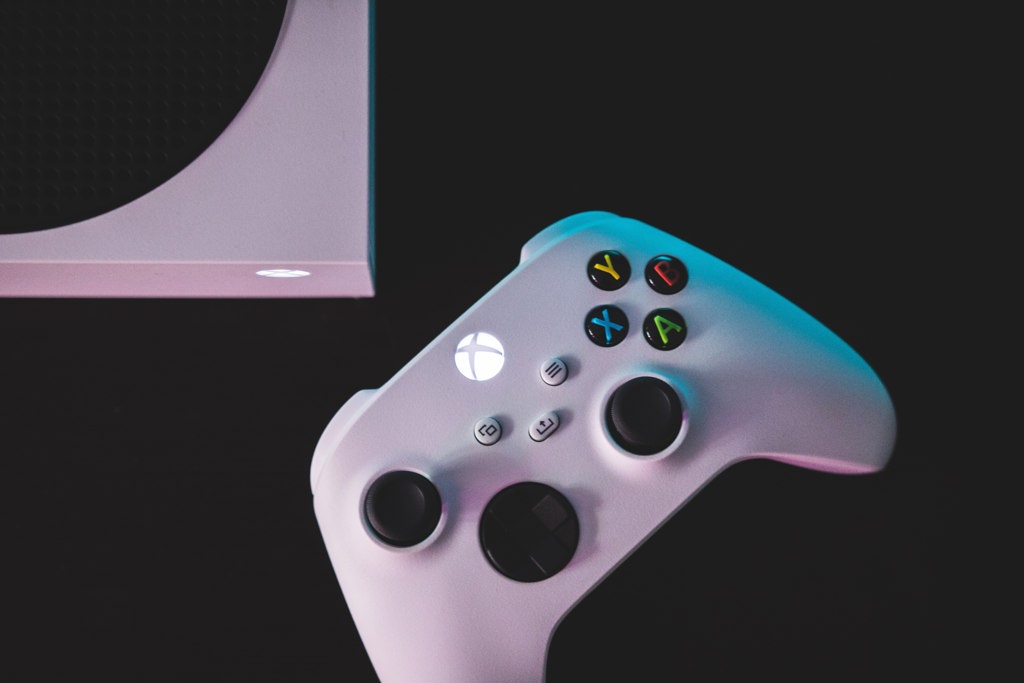The leaked information from the FTC v. Microsoft case reveals more than interesting tidbits about the tech conglomerate’s future plans for Xbox – it shines further light on their twisted strategy to rise to the top.
The legal battle between the Federal Trade Commission (FTC) and Microsoft, the parent company of Xbox, raged on for months before the FTC withdrew their case in July. The FTC fought against Microsoft’s attempted acquisition of Activision Blizzard, a major third-party developer responsible for several popular franchises, with the Call of Duty series among its most noteworthy. The FTC feared the suppression of competition within the video game industry, and Xbox’s most direct competitor was also (understandably) concerned about Microsoft’s potential acquisition.
While Microsoft’s merger appears closer than ever to completion, one of the case’s most interesting topics lies in its various leaked emails, documents and future company plans. While internal leaks are never desirable for a company, these leaks reveal something particularly damning: Microsoft’s intention to beat their competition by out-spending them.
The Xbox brand has seen better times. In the seventh generation of video games, Xbox 360 outsold Sony’s PlayStation 3 for a significant portion of the consoles’ lifetime before eventually being overtaken in lifetime sales. The Xbox 360’s momentum was propelled by first-party exclusives like Halo 3 and Gears of War, and the console was much easier for third-party developers to code for than the PS3. Add on Xbox 360’s Kinect technology (Microsoft’s response to the Wii’s insanely popular implementation of motion controls) and the Xbox Live service, and it’s no wonder why many gamers still consider Xbox 360 to be the overall “winner” (by whatever terms they might define “winning”) of the seventh generation.
Today, the brand isn’t living up to its former popularity. Xbox Series X and S, the most recent Xbox consoles, are underperforming by quite a margin compared to Sony’s PlayStation 5. This can be attributed to the lack of exclusive titles on Xbox’s platform, meaning there’s less of a reason for the undecided gamer to purchase an Xbox when they can widen their software catalogue through Sony’s offering. Arguably Xbox’s largest exclusive title, Starfield finally released in September after experiencing two major delays that consistently left fans waiting for more – a task made even more difficult when your console has so few exclusives to begin with.
Xbox may not have very many exclusives, but as a subsidiary of tech giant Microsoft, they’ve got money to spare – and this is where their recent strategy comes into play.
In 2021, Xbox completed their $7.5 billion acquisition of Bethesda Softworks, a major third-party developer responsible for acclaimed series like The Elder Scrolls and Fallout. Bethesda developed the aforementioned Starfield, and leaks have revealed that the developer’s upcoming Elder Scrolls VI – a massively anticipated title by millions of gamers – will only be released on Xbox and PC, skipping Sony’s platform altogether.
Are you noticing a theme?
As of June, Xbox owns 23 game studios, and their mission of acquiring Activision Blizzard is simply the next step in their master plan. Xbox seems to have realized they are incapable of providing their customers with a stream of consistent exclusives to make their console worthwhile to the average consumer, so they have resorted to purchasing every notable studio they can get their hands on.
The FTC leaks make this even more apparent.
In leaked emails, Xbox leader Phil Spencer described his wish to one day purchase industry titan Nintendo, who has found great success thanks to the massively popular Nintendo Switch system. Nintendo has accrued a vast catalogue of beloved franchises over their decades of game development and is considered the remaining piece of the video game industry’s “Big Three” (alongside PlayStation and Xbox). To say that Nintendo is a respected business would be an understatement – they are an undisputed juggernaut often paving the way for the rest of the industry.
For Spencer to suggest that Nintendo is “THE biggest asset for [Microsoft] in Gaming” is utterly absurd. He might have picked up a series of third-party developers, but his idea of acquiring a direct and much more successful competitor is arrogant and proves his desperation to bring noteworthy titles to Xbox through whatever means possible.
“The unfortunate (or fortunate for Nintendo) situation is that Nintendo is sitting on a big pile of cash,” wrote Spencer, adding that “they have a [board of directors] that until recently has not pushed for further increases in market growth or stock appreciation.”
“At some point, getting Nintendo would be a career moment and I honestly believe a good move for both companies. It’s just taking a long time for Nintendo to see that their future exists off of their own hardware. A long time.”
It’s unclear why Spencer believes he possesses any sort of worthwhile insight on Nintendo’s hardware industry when his own console cannot seem to escape last place in sales, but I digress.
Xbox’s strategy has moved away from innovating within the industry or demonstrating creativity to bounce back from a difficult time – their strategy is to just throw money at their problems until they disappear.
If that’s not enough, perhaps Microsoft’s own words will convince you – just look at the leaked 2019 email from Xbox executive Matt Booty, in which he expressed his excitement to “go spend Sony out of business.”
Not only is the FTC correct that Xbox’s acquisition would prove detrimental to marketplace competition, but the implications of their fight have also revealed the company’s lazy, destructive and self-consumed ambitions to not only defeat their competitors, but eventually acquire them in the process.


